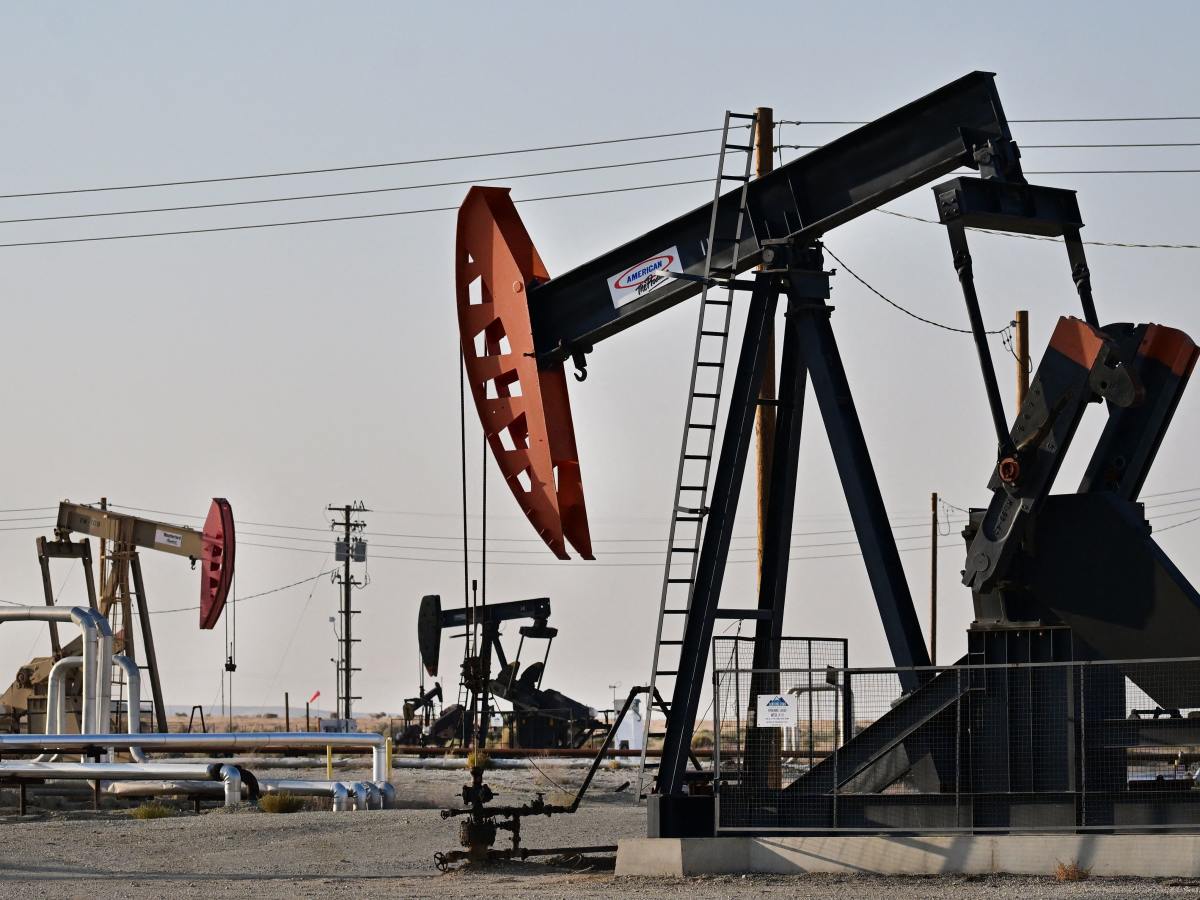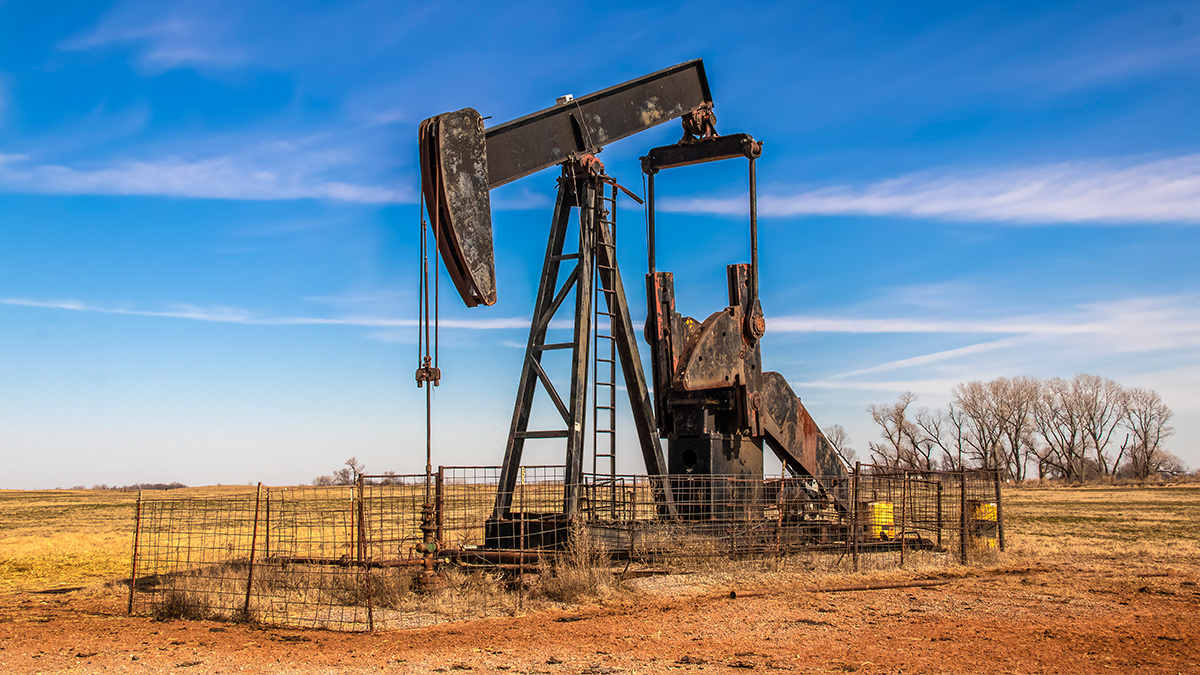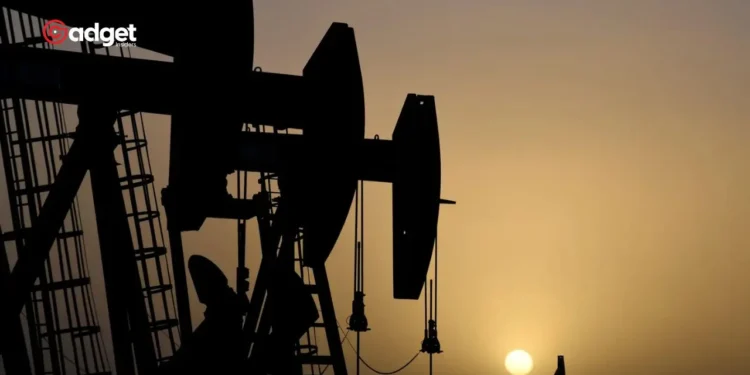Hydraulic fracturing, commonly known as fracking, remains one of the most divisive environmental and industrial methods in the U.S. today. This technique, which involves injecting liquid at high pressures to fracture shale and release natural gas and oil, has been met with both high praise and severe criticism. Proponents, like the Independent Petroleum Association of America, claim fracking is an American success story, significantly reducing greenhouse gas emissions to their lowest in 25 years.
Conversely, environmental groups including the Sierra Club argue that fracking significantly contributes to greenhouse gas emissions, with methane from the process being particularly detrimental due to its high impact compared to CO2.
Despite the economic benefits touted by Oil and Gas industry supporters, several states have taken a stand against the process due to environmental concerns. California, Delaware, and New York, among others, have implemented bans on fracking, citing risks of water contamination, air quality degradation, and harm to local ecosystems and communities.

The Economic Tightrope of Fracking Industries
The oil and gas industry, particularly companies involved in fracking, has been walking an economic tightrope. The U.S. Energy Information Administration noted that 2023 saw a wave of mergers and acquisitions in this sector, totaling about $234 billion—the highest since 2012.
This consolidation has created financial instability for smaller companies like Nitro Fluids, a service provider to the fracking industry.

Nitro Fluids: A Case Study in Economic Distress
On May 15, 2024, Nitro Fluids filed for Chapter 11 bankruptcy reorganization, a decision driven by severe financial distress. The company, based in Nordheim, Texas, listed its assets and liabilities each in the range of $50 million to $100 million, with a drastic drop in monthly revenue from approximately $1.2 million in 2023 to under $100,000 by March 2024.
This decline can be attributed to the industry’s trend toward consolidation, with significant clients like Earthstone being absorbed by larger entities such as Permian Resources, which resulted in a 50% revenue drop for Nitro shortly thereafter.
Additionally serving as the restructuring counsel for Nitro, Brad Walker, who is affiliated with Riverbend Special Situations Group, provided an overview of the bleak financial situation in his declaration.
Nitro is struggling to preserve its financial stability as a result of the economic slowdown that has been occurring in the oilfield fracturing services industry since the year 2020. This slowdown has been made worse by the COVID-19 pandemic and accompanying economic swings.

Furthermore, legal challenges compound Nitro’s woes. A notable incident involves a patent infringement lawsuit from Cameron International Corp, resulting in a jury award of $8.9 million against Nitro.
The final judgment, pending appeal, could saddle Nitro with liabilities ranging from $3 million to $27 million. The Chapter 11 filing temporarily shields Nitro from these liabilities due to the automatic stay on all legal actions against the debtor.
What Lies Ahead for Fracking?
The future of fracking and its role in the U.S. energy landscape continues to hang in the balance. With environmental concerns at the forefront and economic pressures mounting from within the industry, companies and regulators alike face tough decisions.
The case of Nitro Fluids serves as a cautionary tale of what can happen when market dynamics shift quickly in an industry under scrutiny for its environmental impact.
As we move forward, the balancing act between economic gains and environmental health remains precarious, with significant implications for the industry’s sustainability and the communities it touches.










